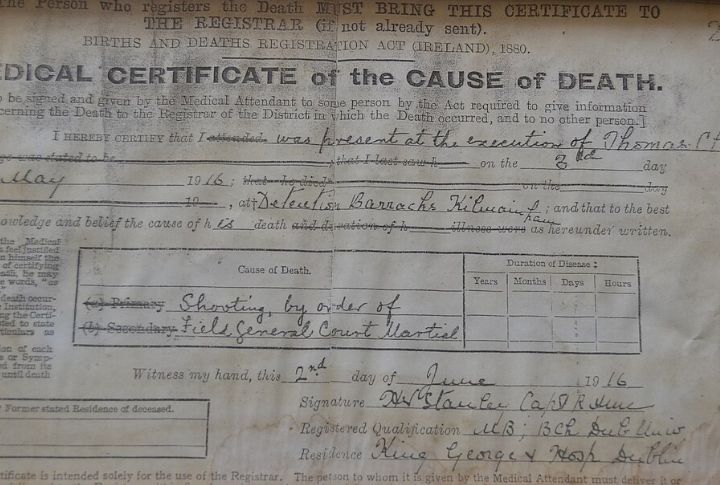
Bills don’t pause for people to grieve their loved ones. They just keep piling up with condolence cards and funeral paperwork. When feelings are intense, money can get tricky. One wrong move can hit hard, so knowing what matters financially really helps clear things up. But how exactly can one go about this type of situation? Read on to find out.
Verify The Existence Of A Valid Will

Start by confirming whether there’s a will that names someone to handle the estate. This person can let you know where every original document is and make sure the assets and debts match what the deceased wanted.
Obtain Multiple Certified Death Certificates

Get a few certified copies of the death certificate as soon as you can. You’ll need them for banks, government offices, and creditors. Places like Social Security and banks usually want these official copies before they can close or move accounts.
Compile A Comprehensive List Of Bills And Debts

Begin listing every liability, from medical expenses to utility arrears and credit card balances. That inventory lets you prioritize payments and prevents creditors from filing unexpected claims against the estate.
Notify Creditors And Service Providers Promptly

You should reach out to creditors and service providers. Provide them with the executor’s details and the death certificate. This will stop the collection calls. After this, debt collectors should reach out to the estate’s representative instead of troubling family members.
Open A Dedicated Estate Bank Account

To legally handle estate funds, create a bank account using an EIN provided by the IRS. By keeping the estate’s money separate from your own, you’ll find it much easier to keep track of deposits and pay off any debts.
Manage Automatic Payments And Subscriptions

List all autopay subscriptions linked to the deceased’s accounts. Contact each provider to cancel or reroute charges. Some may request a death certificate and verification from the estate’s executor before making changes, so coordinate closely if you’re helping manage the process.
Settle Valid Debts From Estate Assets

Before heirs can receive anything, outstanding debts must be handled. Most states require the estate to pay funeral costs, taxes, medical bills, and secured debts first. This happens during probate, and assets like cash or property may be used. Omitting the step may expose the executor to legal consequences.
Close Accounts And Cancel Unneeded Services

Close all bank and investment accounts after checking the balances and pending transactions. Ensure you have the necessary Letters Testamentary or court orders to prove you’re authorized to close each account. Proper documentation makes the process smooth.
Keep Detailed Records Of All Financial Transactions

Keep a simple ledger noting what comes in and what goes out of the estate. Clear records make court filings easier and help resolve questions if they arise. It also protects you from being held responsible for confusion or missing funds.
Consult An Estate Attorney Or Financial Advisor

If you run into complex probate requirements or creditor demands, consult an estate attorney. They can guide you through deadlines, reduce your risk of liability, and ensure everything is handled correctly. Professional support can also prevent costly mistakes during the process.
